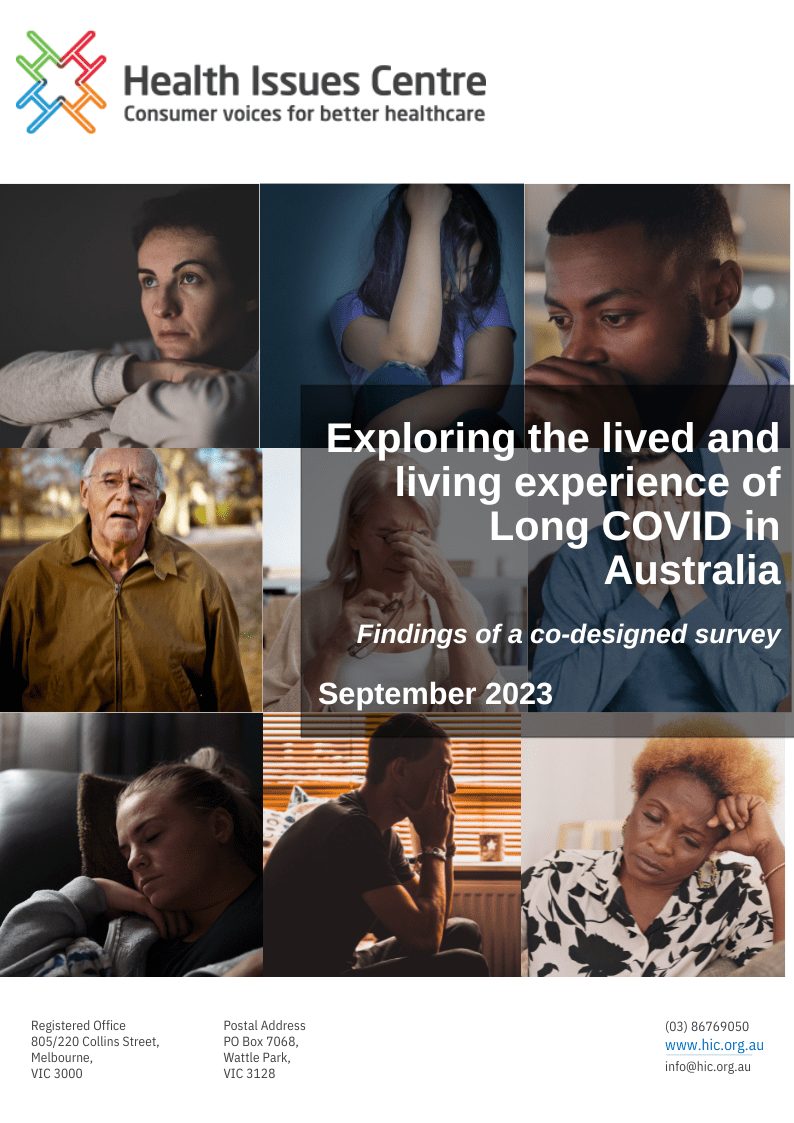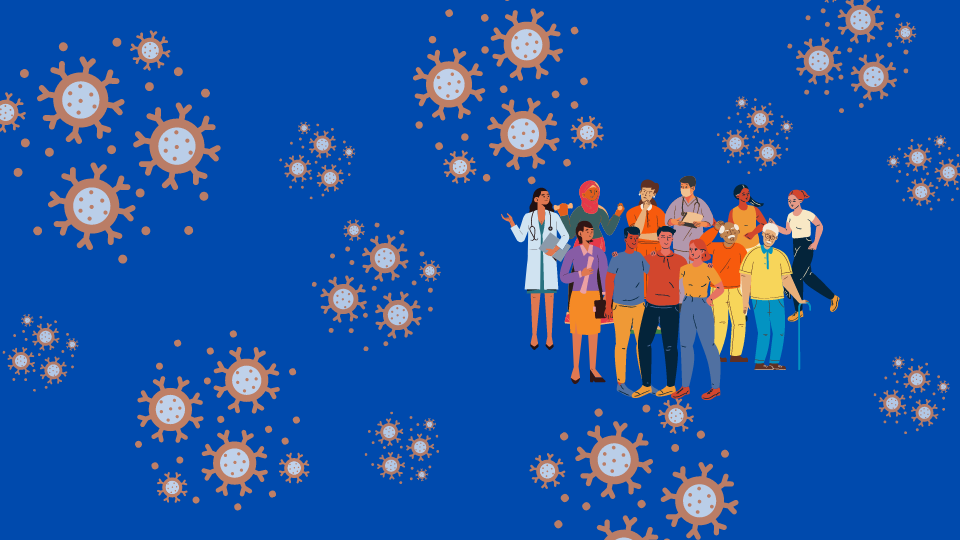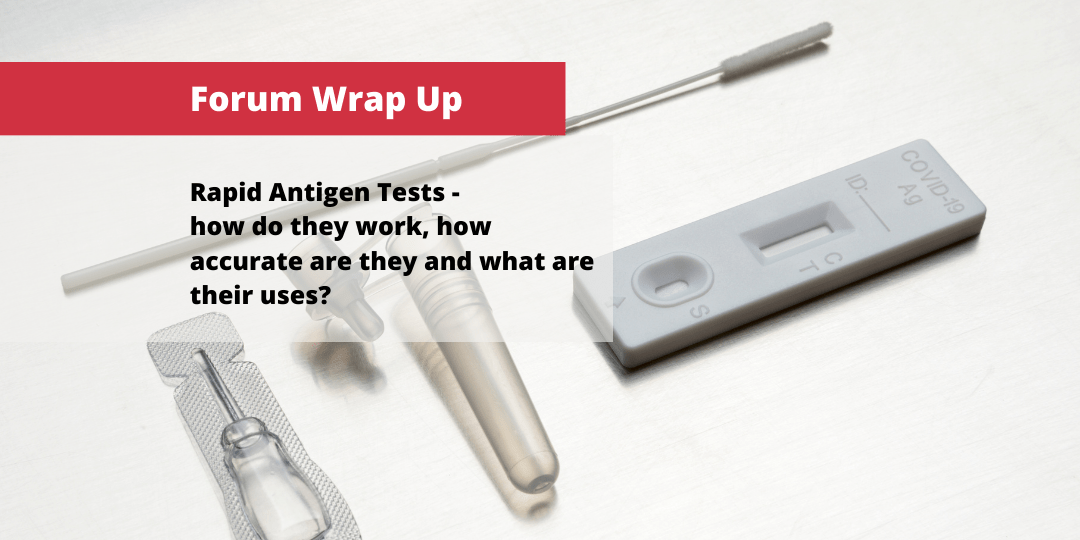Forum #2 summary: Health Issues Centre consumer online forum series
Trust, necessity and efficacy were the hot topics of the Health Issues Centre forum on the COVIDSafe App and Telehealth this week.
Almost 300 people registered to attend the event, which was held online. Health Issues Centre CEO Danny Vadasz said the level of interest in the event demonstrated the need to provide alternative ways of engaging with the community during the Covid-19 Crisis.
“A message that came through strongly from event participants is the need to involve the community in decision-making that affects them,” Mr Vadasz said.
“At the peak of the crisis, we anticipate that governments will be forced by circumstances to take action that they deem is in the best interests of the community.
“But to maintain that trust when the crisis has passed, governments must re-engage.
“Having the best interests of the community at heart doesn’t necessarily mean that you have a full understanding of what they’re going through. The only way to understand the unintended consequences of good intentions – the experiences of those who fall between policy gaps or have special circumstances – is to ask them.”
Speed is critical
Dr Chris Lease, was the opening speaker at the event. As Deputy Chief Public Health Officer and Executive Director Health Protection and Licensing Services, he has significant experience in disease control.
He spoke about the importance of acting quickly to trace contacts of people who were known to have been exposed in order to quickly contain an outbreak.
Comparing Covid-19 to the more common food poisoning outbreaks the policies were designed to deal with, he said the difference was clear. The sheer scale of Covid-19 meant that automating contact tracing was the only way to quickly contain it, which is why the COVIDSafe app was so important.
People deserve informed consent
David Vaile, a leading expert on privacy and co-convenor of UNSW’s Cyberspace Law and Policy Community, spoke about the importance of informed consent.
He said there were known issues with privacy and data breaches and the government had a patchy track record on that front but the true challenge with the COVIDSafe App was the lack of informed consent.
He argued that consumers should be advised upfront of what the app can do and what are the risks but much of this key information has been missing, meaning informed consent has not been possible.
He added, “The road to hell is paved with good intentions. Just because you wanted to do the right thing doesn’t mean the outcome will be good.”
Telehealth an important option going forward
These presentations were followed by a session on Telehealth and Telemedicine led by Associate Professor Charlotte Hespe, Chair RACGP Board and Chair RACGP NSW&ACT. She was supported during question time by Dr Chris Moy, President of the Australian Medical Association South Australia.
Dr Hespe was a vocal supporter of Telemedicine and pointed out that the overnight uptake of the system by GPs – with almost 90% converting to a telehealth model – demonstrated the desire by GPs to offer it as part of a suite of care options.
Dr Moy agreed, saying that the Australian Medical Association had long advocated for telehealth. He said the overnight shift to providing it meant that many GPs were left scrambling to manage technological challenges but that overall, the Covid-19-enforced trial had been hugely successful.
He said consumers should lobby to retain the service post-Covid-19. But he underscored that it would be important to take the learnings of the Covid experience into account when planning a more robust delivery in the future.
The session then broke into groups to discuss telehealth and provide further feedback.
A video of the forum will be available on our website in the coming week. A report on the event and feedback from the discussion groups will also be published on the Health Issues Centre Website.






